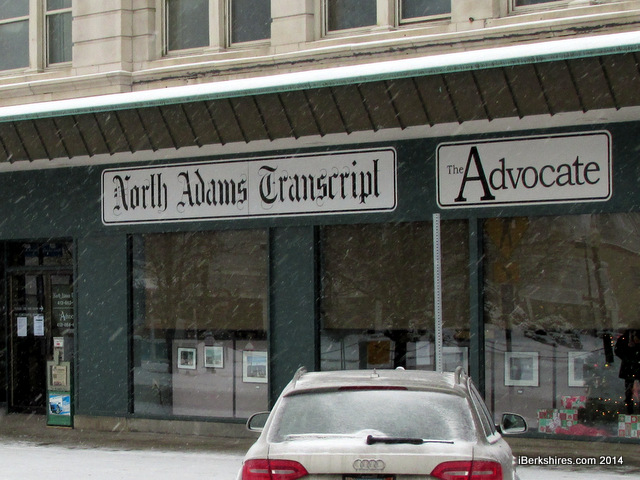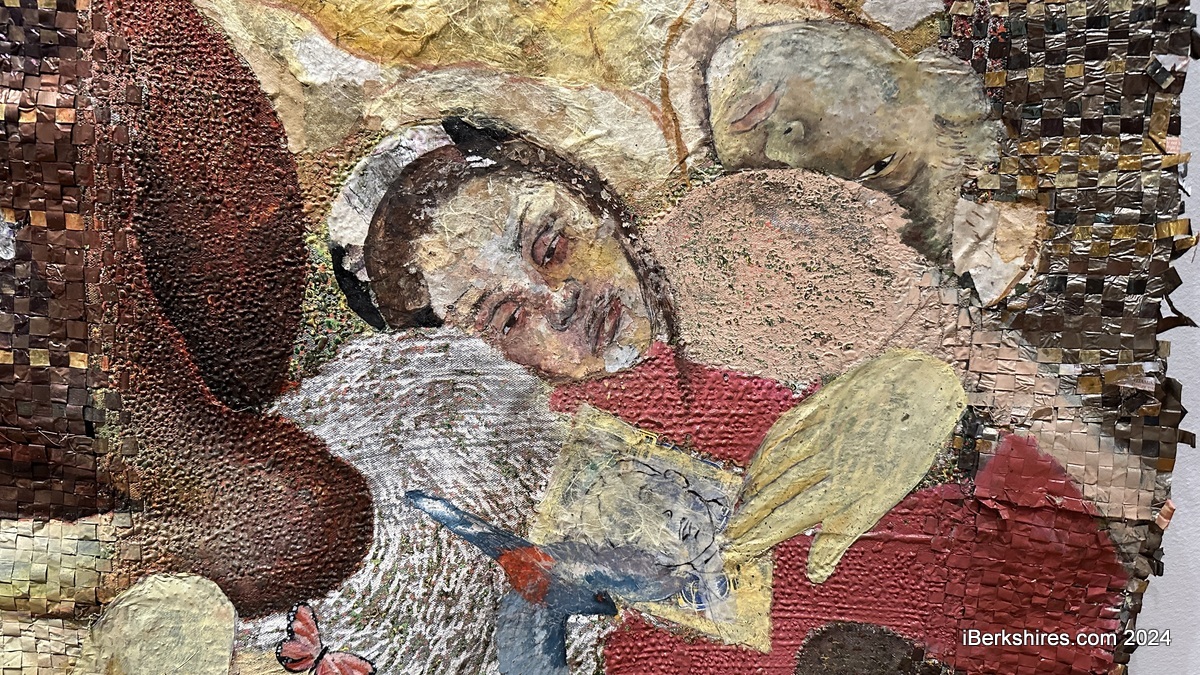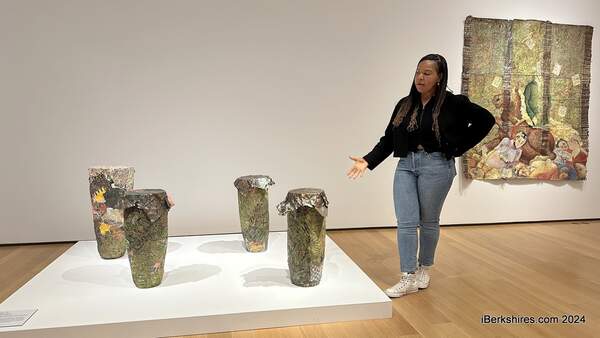North Adams Transcript Merging With Berkshire Eagle
 The North Adams Transcript's name will be retired after more than 100 years; the weekly Advocate will fold. The North Adams Transcript's name will be retired after more than 100 years; the weekly Advocate will fold. |
NORTH ADAMS, Mass. — The North Adams Transcript's name will disappear after the paper has served North County and beyond for more than 170 years.
The Advocate, long a Williamstown weekly staple, will fold.
Kevin Corrado, president and publisher of NENI, and Kevin Moran, vice president, announced Thursday afternoon that the Transcript will be fully merged into The Berkshire Eagle, NENI's flagship paper.
In the post on both papers' websites, the papers were described as having "been engaged for a number of years, and now we're making the marriage official."
The former family-owned dailies were purchased by MediaNews Group in the 1990s, along with the Bennington (Vt.) Banner and Brattleboro (Vt.) Reformer. The Advocate was acquired from Boxcar Media, iBerkshires' parent company, in 2005.
The Transcript's staff has slowly been reduced over the past few years as The Eagle has taken over more of its business and production sides, including printing. It has not had a separate publisher or editor for some months.
The building was sold several years ago and the paper's offices moved to Main Street. The paper says it expects to keep the downtown office open.
According to the announcement, the Transcript's current staff will join The Eagle's news department:
"These journalists will continue to do what they do best — and that is cover Northern Berkshire County. With this, The Eagle renews its commitment to serving the communities of Northern Berkshire County, while carrying on the longstanding tradition of being the voice for the region."
The post lists the paper's news staff as three news and sports reporters, a digital news specialist/senior reporter and a visual journalist. The Eagle plans to continue covering North County and expand Berkshires Week, its arts and entertainment insert, to 52 weeks from its current summer run.
Mayor Richard Alcombright said he was saddened to learn the local staple would be no more.
"It's an amenity that has been around forever and synonymous with North Adams, it will be sorry to see it leave," he said. "From the background I came from, I understand the business decisions, I fully understand that things have to change."
Alcombright said he was assured by principals at The Eagle, including Moran, a former editor at the Transcript, that the regional newspaper would continue strong coverage of the region. The mayor has frequently mentioned the Transcript and its local coverage as one of the resources of the city.
"I've been assured equal or greater than coverage ... we should have a good presence there [in The Eagle]," he said, adding that based on those comments "I would still stand by my statement that we have a local paper."
Transcript subscribers will begin getting The Eagle on Jan. 20. The Advocate weekly will publish its last edition on Jan. 16.
According to "History of North Adams, Mass., 1749-1885, Reminiscences of Early Settlers," the Transcript was established Sept. 7, 1843, by John R. Briggs as the Adams Transcript. The paper went through a number of names and publishers, but has been published as the North Adams Transcript for more than a 100 years. The Hardman family ran it from 1896 until selling to The Boston Globe in 1976.
Updated with comments from Mayor Alcombright at 4 p.m.
Tags: news media, newspaper,
















